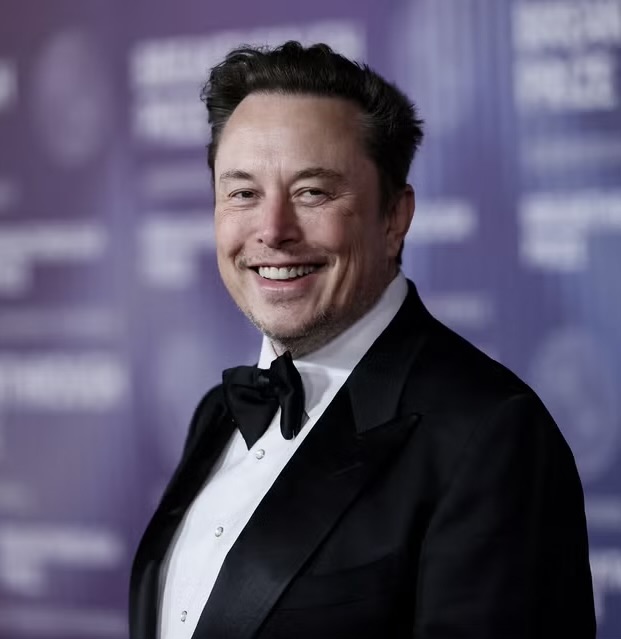Elon Musk Contemplates Distributing $5,000 to Every American Using DOGE Savings
Elon Musk recently sparked an online debate after responding to a suggestion that the U.S. government should issue a “DOGE Dividend”—a proposed $5,000 tax refund for every citizen, funded by savings achieved through the Department of Government Efficiency (DOGE). The idea, put forward by James Fishback, the CEO of Azoria and an external advisor to DOGE, gained considerable attention after Musk’s brief but impactful remarks on X. Fishback outlined that the dividend could be funded by the $55 billion in savings projected from improved fraud detection, contract cancellations, and regulatory reforms led by DOGE. He pitched the concept as a practical way to reward U.S. taxpayers for the government’s efforts to streamline operations and cut waste, arguing that it would directly benefit citizens.
Musk, known for his outspoken views on a wide array of topics, weighed in on the conversation, responding simply with, “Will check with the President.” He followed up shortly with another comment, “Ultimately, it’s Trump’s decision.” These brief responses immediately set off a firestorm of speculation about whether this proposal might gain any real political traction. Musk’s engagement on social media, combined with his reputation for influencing political and economic conversations, turned what was originally an idea floating in niche circles into a topic of mainstream discussion.
The DOGE initiative, though still relatively new, has garnered praise for its ability to identify inefficiencies within government operations and reduce waste. Proponents of the project argue that DOGE’s efforts—through cutting unnecessary spending and uncovering areas of fraud—have already resulted in significant savings. By using those savings to fund the proposed dividend, Fishback suggested, the U.S. government could redistribute the funds back to its citizens, thus rewarding them for supporting the changes that made these savings possible. The dividend, as envisioned, would provide each citizen with $5,000, potentially stimulating the economy and enhancing the sense of trust in government.
However, while many have praised the idea for its focus on fiscal responsibility, there are critics who voice concern about DOGE’s involvement. The initiative’s access to sensitive government data has raised questions about privacy and oversight. Some critics argue that such sweeping efforts to root out inefficiencies might overstep boundaries, with too little transparency or accountability regarding how the data is being used and safeguarded. Despite these concerns, supporters contend that the benefits of streamlining the government’s operations outweigh the risks.
Musk’s comments, while appearing casual, gave the suggestion a level of legitimacy and visibility it might not have otherwise received. His reference to President Trump in the context of the proposal quickly became a topic of conversation, with people speculating whether the former president would embrace the idea or distance himself from it. Musk has long been a vocal figure in both the tech and political spheres, with his opinions and actions frequently influencing public discourse. His online engagement with Fishback’s DOGE Dividend proposal led many to wonder if it was something he might push for—either directly or indirectly—through his influence on government officials.
Given the divided nature of U.S. politics, the proposal’s future seems uncertain. Supporters of the DOGE Dividend point to it as a forward-thinking way to incentivize government efficiency while directly benefitting the American people. Others, however, view it as an impractical and potentially populist gesture that lacks the substance needed for implementation. The political implications of Musk’s involvement are significant, as his close relationships with political and business leaders could help elevate the idea to serious consideration.
The key factor in the proposal’s potential success is now whether the White House will take a position on it. If Trump were to back the idea, it could gain considerable momentum. However, if the proposal fails to capture the attention or support of the political establishment, it may remain nothing more than an idea that sparked conversation but ultimately faded into the background.
As it stands, the idea of the DOGE Dividend is a concept that is gaining traction online, fueled by Musk’s attention and the compelling vision of using government savings to directly reward taxpayers. Whether or not the policy will come to fruition is still up for debate, but one thing is clear: thanks to Musk’s engagement, the discussion surrounding the DOGE Dividend is unlikely to fade anytime soon. With both enthusiasm and skepticism surrounding the idea, only time will tell if it will become a reality or simply another viral idea without the necessary political will to push it forward.
